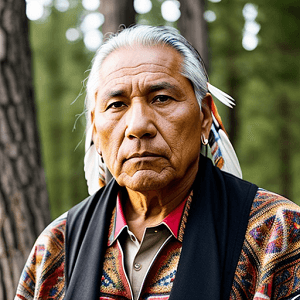Cervical cancer news template
Researchers observed a nearly twofold higher rate of missed or lack of guideline cervical cancer screening among White women compared with Black women (26.6% vs. 13.8%), according to a study of more than 29,000 diagnosed with the cancer from 2001 to 2018. The largest rate of increase in distant-stage (advanced) cervical cancer is occurring among […]
Cervical cancer news template Read More »








